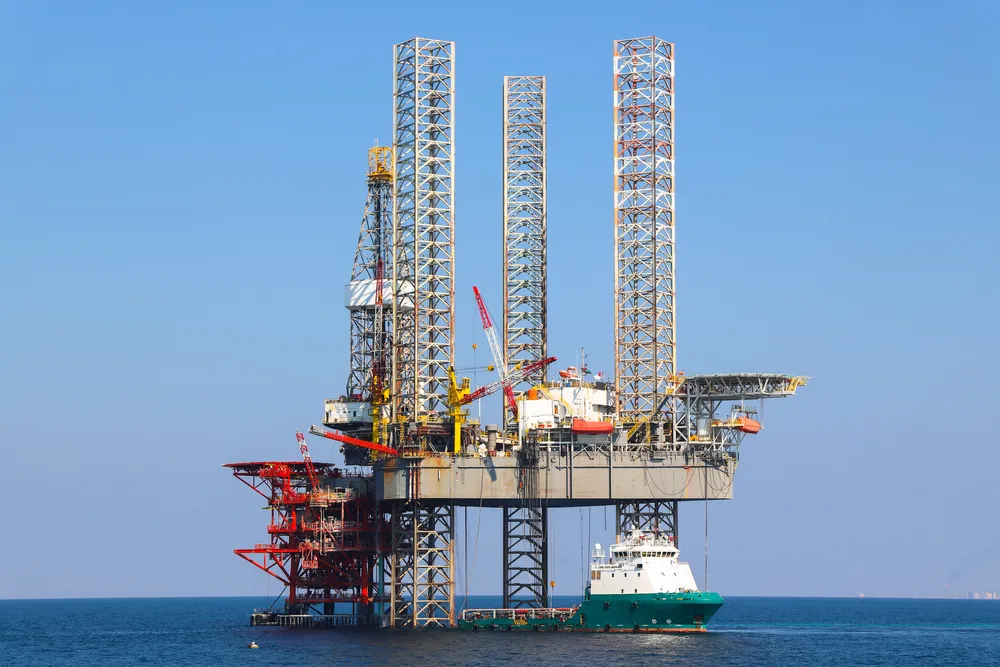Maintenance of Oil and Gas Reservoir Systems Course
Introduction
The Maintenance of Oil and Gas Reservoir Systems Training provides participants with a clear theoretical understanding of how to ensure the long-term reliability and efficiency of oil and gas reservoirs. The course explains the principles of reservoir surveillance, monitoring, integrity management, and risk reduction methods applied throughout the reservoir lifecycle.
It highlights common challenges such as pressure decline, well integrity concerns, scaling, and corrosion, while presenting frameworks and models used in the industry to support sustainable hydrocarbon recovery. Participants will gain insights into the role of predictive and preventive approaches in reservoir system maintenance.
Objectives
By the end of this course, participants will be able to:
- Understand the fundamentals of reservoir system maintenance.
- Recognize methods of reservoir surveillance and performance monitoring.
- Explain preventive and predictive approaches in reservoir management.
- Identify well integrity issues and strategies for maintaining reservoir health.
- Review theoretical models of corrosion, scaling, and sand production control.
- Understand the role of digital monitoring concepts in reservoir maintenance.
- Discuss frameworks for sustainable and reliable reservoir management.
Training Methodology
This course is delivered entirely in a theoretical format, using:
- Lectures and structured presentations
- Conceptual explanations and models
- Reviews of reservoir-related case studies (theory only)
- Guided discussions and Q&A sessions
Course Outline
Unit 1: Introduction to Reservoir Maintenance
- Role of maintenance in reservoir management
- Lifecycle perspective of oil and gas reservoirs
- Common challenges in reservoir performance
Unit 2: Reservoir Surveillance and Monitoring
- Key monitoring parameters (pressure, temperature, flow)
- Reservoir modeling and simulation concepts
- Performance indicators for reservoir health
Unit 3: Preventive and Predictive Approaches
- Preventive strategies for reservoir systems
- Predictive tools and early-warning concepts
- Condition-based monitoring frameworks
Unit 4: Well Integrity and Reservoir Health
- Theoretical aspects of well integrity management
- Corrosion, scaling, and sand control concepts
- Risk assessment and reliability considerations
Unit 5: Digitalization in Reservoir Maintenance
- Introduction to IoT and real-time monitoring concepts
- Data analysis and interpretation in reservoir management
- Theoretical applications of AI in reservoir systems
Unit 6: Maintenance Planning and Risk Management
- Reliability-centered maintenance (RCM) for reservoirs
- Risk-based inspection theory
- Cost-benefit analysis of maintenance strategies
Unit 7: Case Study Reviews
- Theoretical examples of reservoir system challenges
- Lessons learned from oil and gas operations
- Best practices in reservoir maintenance frameworks
Why Attend this Course?
- Gain a strong theoretical foundation in reservoir maintenance
- Understand surveillance, monitoring, and well integrity concepts
- Learn maintenance frameworks applied in global oil and gas projects
- Enhance knowledge of sustainable reservoir performance strategies


















